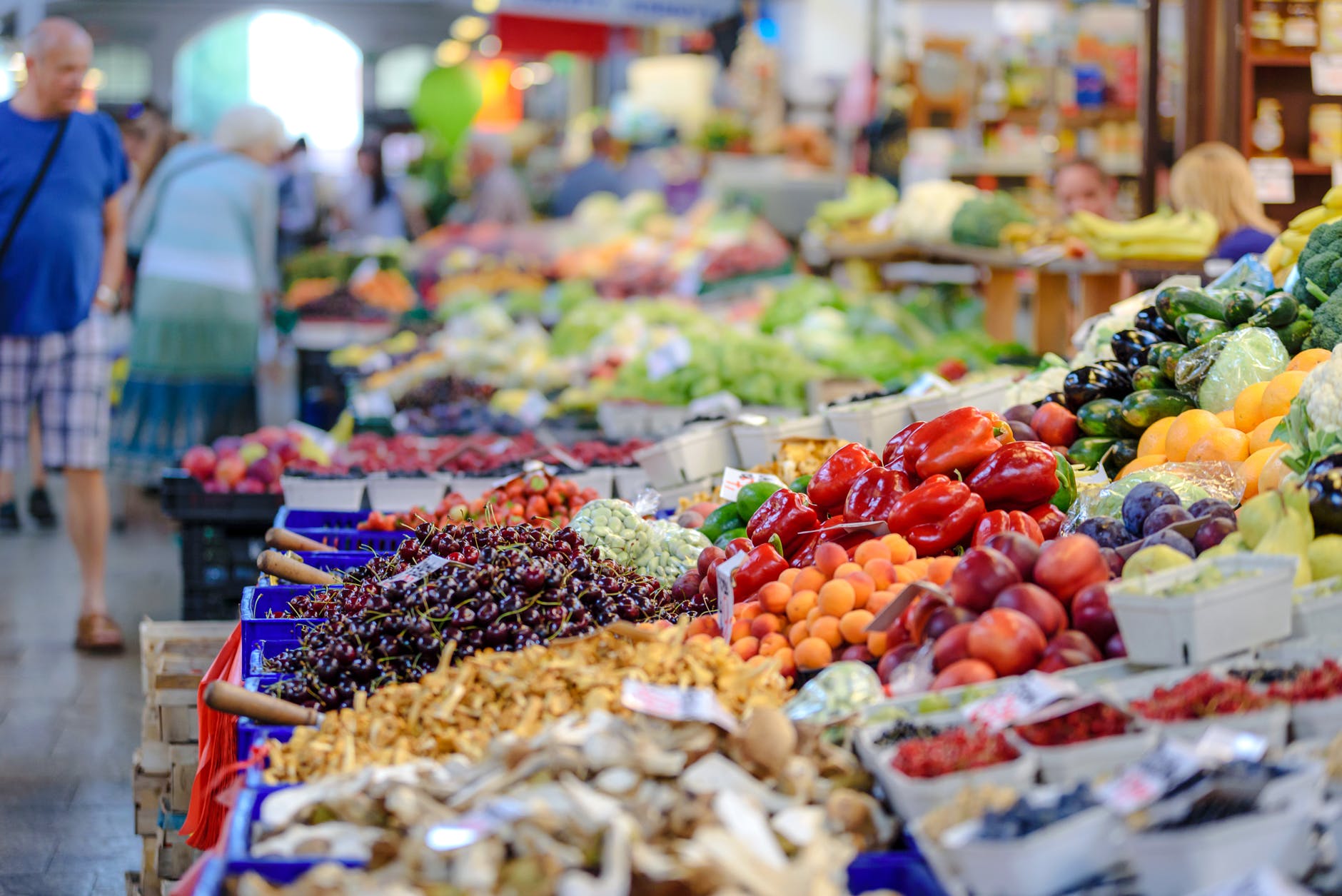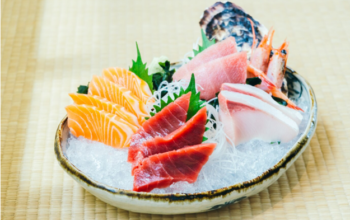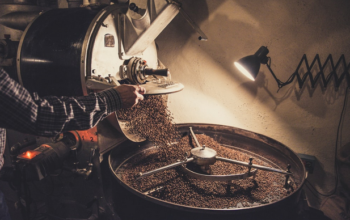Superfoods, mostly plant-based foods but dairy and fish too, are believed to be nutritionally dense and advantageous for one’s health. Salmon, kale, blueberries, and acai are just a few examples of food that comes with the superfood label. Superfoods don’t have their food category. It’s more a term for foods that have significant health benefits.
They contain various nutrients like antioxidants, which are presumed to fight off cancer. They also contain healthy fats for preventing heart disease, fiber to fight off digestive problems and diabetes, and phytochemicals which can pose numerous health advantages.
It is recommended to include superfoods in your diet but makes sure that these foods are consumed in the right quantities for a balanced eating plan.
Popular Superfoods
Greens
Kale is considered as a superfood, but also other dark, leafy greens that include collards, spinach, mustards, Swiss chard, radish greens, spinach, broccoli, and cabbages. These dark leafy vegetables contain vitamins A, C and K, calcium, fiber, and other minerals.
Berries

Blueberries are often on the top of superfood lists due to its rich vitamin, phytochemicals, and soluble fiber content. However, the same nutrients contained in blueberries are also present in other types of berries, including cranberries and strawberries. Studies suggest that eating foods with a high intake of phytochemicals, also known as flavonoids (found in blueberries and other berries), can lower the risk of specific heart conditions in young women.
Sweet Potatoes
Sweet potatoes and squash are often seen on the superfood list for equal reasons than leafy greens. Both food types are exceptional sources of vitamin A, fiber, and much more. They are naturally sweet and don’t necessitate cream, butter, or salt that are usually added to potatoes. If you are not getting enough superfoods in your diet, check out this superfoods powder review as a viable alternative.
Beans And Whole Grains
Whole grains and beans are an excellent source of low-fat protein to include in your diet. They contain insoluble fiber, which can assist with lowering cholesterol. Soluble fiber offers a prolonged feeling of fullness as well as many trace minerals and vitamins. Whole grains have similar benefits than those of beans, although they contain less protein. Quinoa is not a grain, but cooks up like it. It is a brilliant source of protein, minerals, antioxidants, and fiber.
Nuts And Seeds
Both nuts and seeds have high levels of healthy fats and minerals. Keep in mind that they are high in calories; therefore, they must be consumed in moderation.
Fish

Salmon, mackerel, sardines, and specific other fatty fish contain omega-3 fatty acids, which are presumed to lower the risk of stroke and heart disease.
Exotic Fruits
Exotic fruits like acai berry, dragon fruit, noni fruit, or pomegranate are not on the top of the superfoods list. Still, they are healthier than less exotic but pricier foods like blueberries. Some of these fruits may be especially dense in specific types of nutrients. For instance, pomegranate contains ellagic acid, which could have anti-cancer properties. However, raspberries are considered tastier than pomegranate seeds but also contain ellagic acid.
Related Posts












